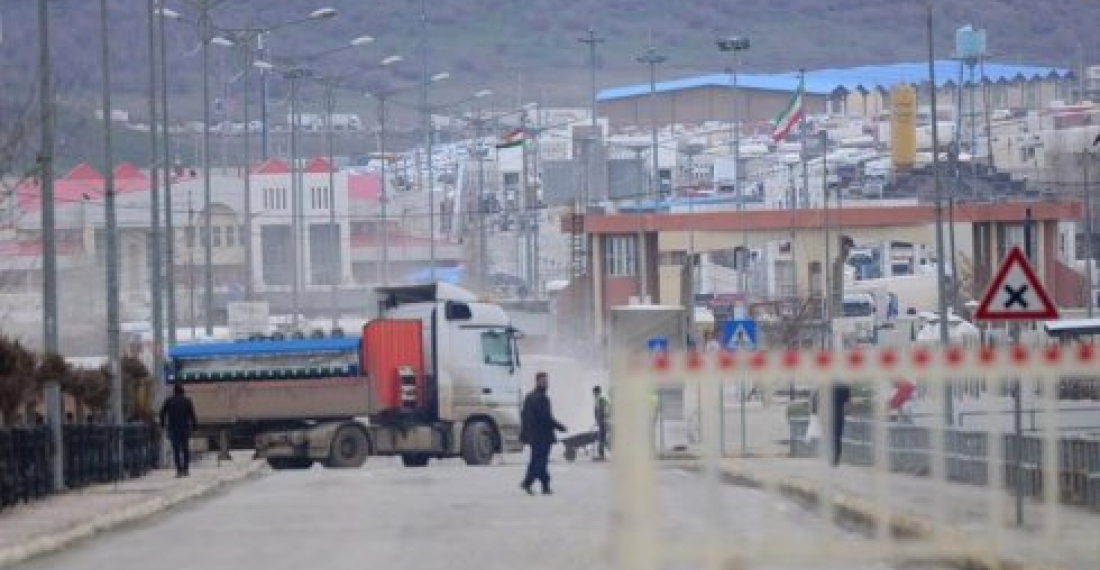Border crossings between Iran and Iraq are closed to prevent Iranian pilgrims to travel for their annual Arbaeen pilgrimage in Iraq.
Each year, millions of pilgrims converge in the Iraqi cities of Najaf and Karbala on Arbaeen, which marks the 40th day after Ashura, the day Prophet Muhammad's grandson was killed in 680 AD. This years Arbaeen date is set to be on 7th of October.
A large majority of these pilgrims travel from Iran, which shares multiple borders with Iraq. Shalamcheh, which is 25 kilometers (15.5 miles) from the Iraqi city of Basra, is the main border crossing. Qassem Rezai, the deputy commander of Iran's police force, visited the border last night and said here is no possibility of crossing this year due to the outbreak of the COVID-19 pandemic. Rezai's visit to the Shalamcheh border came a day after around 400 pilgrims assembled at the border crossing and tried to forcibly cross over.
Iran, one of the first countries in the region to report coronavirus cases in mid-February, has been grappling with a fresh wave of infections in the past two weeks. Iraq, where the first cases were reported a week after Iran, has also seen an alarming surge in infections since August.
source: commonspace.eu with agencies
photo: A border crossing between Iran and Iraq (picture courtesy of Anadolu News Agency, Ankara)







